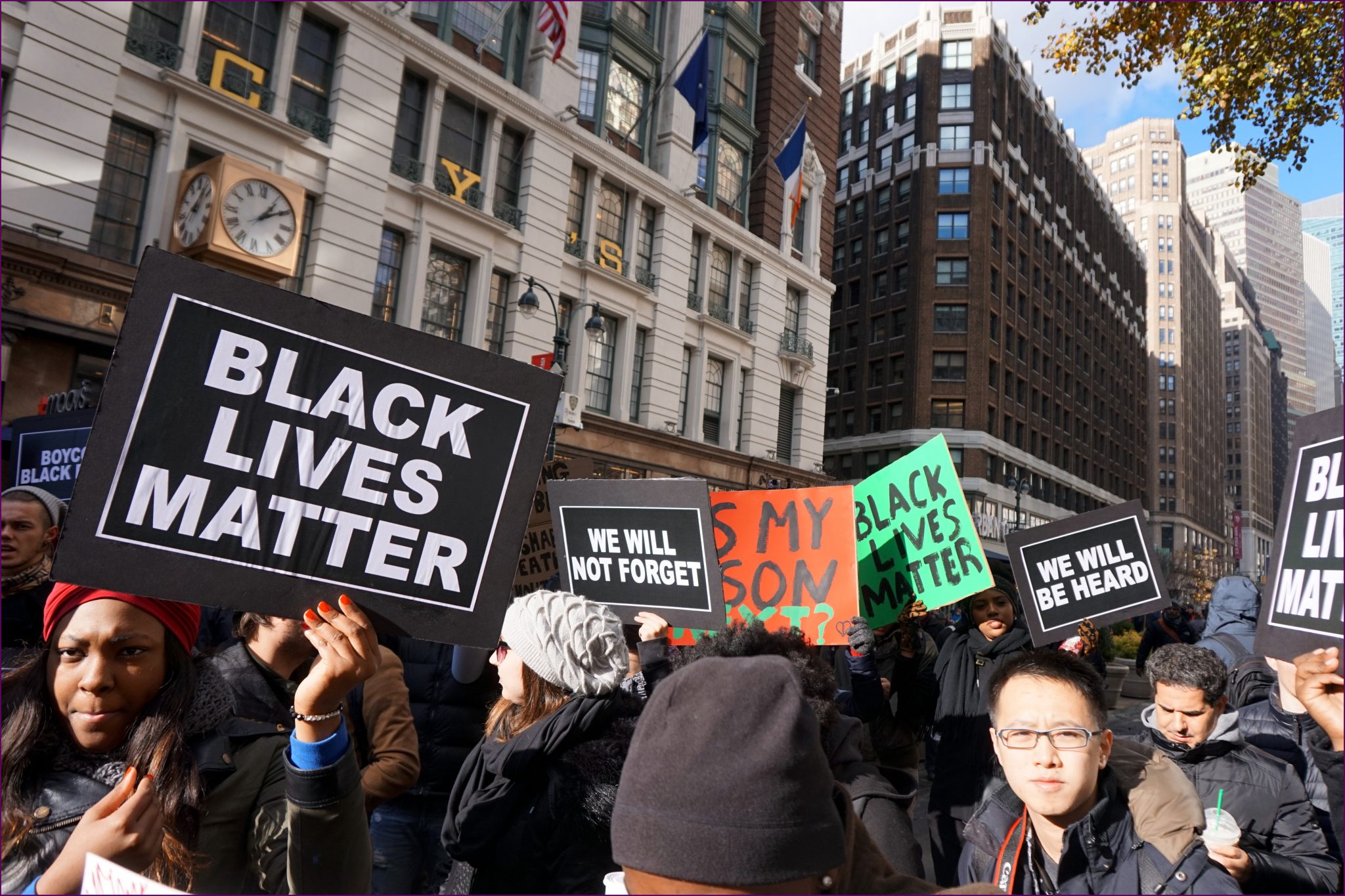My family, a year after I started studying here, are still incredibly excited about the whole Oxford thing. They’ll boast about it to friends, support Oxford in the Boat Race and, of course, save clippings from newspapers that mention the latest news from in and around the University.
It was in this spirit that I was greeted by a family member in an airport last week by being handed Friday’s copy of The Sun. Whether she was expressing hope that I’d be equally startled by the Oxford story on the front page, or she was seeking reassurance that I wasn’t in Piers Gav, I sadly don’t know. But there, sprawled across the paper, was a bunch of students from my University scantily clad in a picture that few of them could ever have hoped would end up in the national press.
Cue a renewed campaign to ban The Sun from campuses.
In any case, I wasn’t particularly surprised. Just like Bullingdon drinking parties, just like cloak-and-dagger Union politics, and just like quidditch club, we all know this sort of stuff goes on, even if we’ve never been to a meeting (sigh).
Does the media have a right to report on Piers Gav? Of course. Is such a story fair to the University, its staff and its students? You bet.
First of all we shouldn’t pretend that it’s only a practiced sensationalism from the country’s top educational establishments that makes it into the papers. The Mail last week ran a story on a move to ban scholars’ gowns (rightly ridiculing the initiative). Large swathes of newspapers’ spreads are annually devoted to reporting on league tables. And yet some among the student body have the audacity to claim that the fairest coverage of the University is shown only when the general public are fed an idyllic view of the University? When people who have spent £200 on a party aren’t presented as people who have spent £200 on a party? When attention isn’t drawn to the fact that members of an orgy club were out in public in broad daylight and dominatrix gear? What ever happened to balanced and unbiased reporting by a free press being the cornerstone of democracy?
It might not be the University all of us like, and it might not be the University all of us know. But it’s the University all of us attend. And to argue the contrary is to solemnly wish that we could have our cake and eat it too. After all, where else in life could we present a view of our experience that focused only on the good? I suspect that despite current media coverage, Oxbridge CVs will still find their way to the top of recruitment pile. If you want something to moan about, why not that? People make assumptions the whole time when meeting someone who was at Oxford. The reputation is still alive, if slightly elevated by anecdotes from the middle of a field somewhere.
The use of the picture, specifically, is more controversial. But to expect anything more of The Sun is either to launch a tirade against tabloid journalism more generally, or else demand that because of the pomp, circumstance and privilege on which most of the students at this University spend their time capitalising we should be given special treatment, no matter what we wear or where we choose to wear it. In any case, regardless of whether the printing was fair to individuals, it was not unfair to the University.
Something I believe lies behind this reaction to recent media coverage is a protest at the type of salacious stories on which the tabloids are choosing to report. We were all happy to ridicule David Cameron when seedy allegations of his time at the Piers Gaveston society were published. Students enjoy distancing themselves from the ‘Oxford’ type of posh, straight, white men all the while publicising the fact that institutions such as the Bullingdon still exist. What I think is unique to the coverage of Piers Gav, trashings and post-ball pictures is that suddenly it’s not just the posh student that’s fair game, but everyone at Oxford, whether coming from a position of supposed ‘privilege’ or not, is now being gawked at for their exploits here. The Sun has managed what many of its Oxford critics have rightly railed against for years. It has shattered any illusion of an Oxford archetype.
Long-term, what do we even mean to say that press coverage of Oxford is unfair? Imagine the wonders that this will do for the diversity of applications next year.





